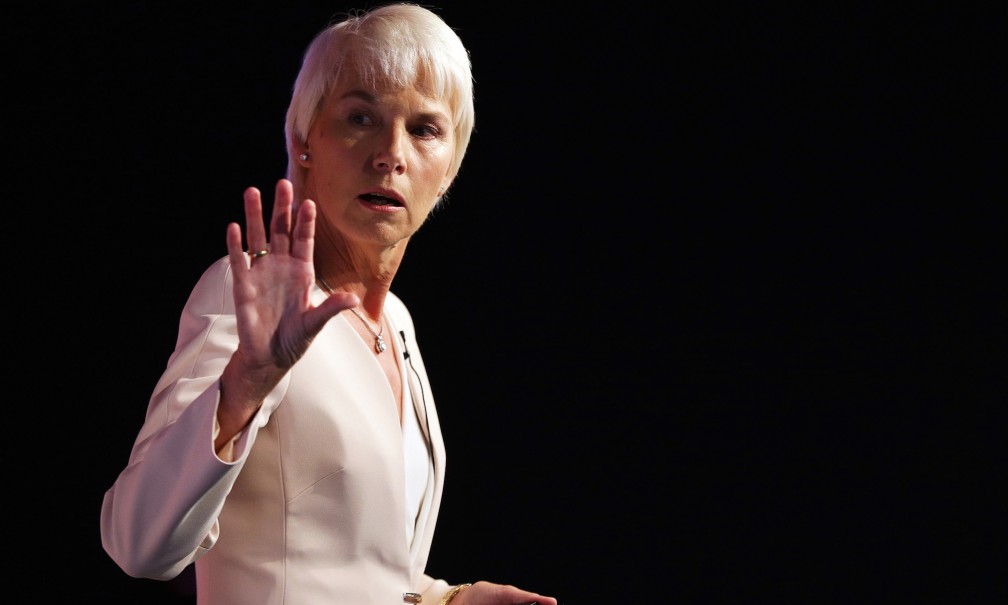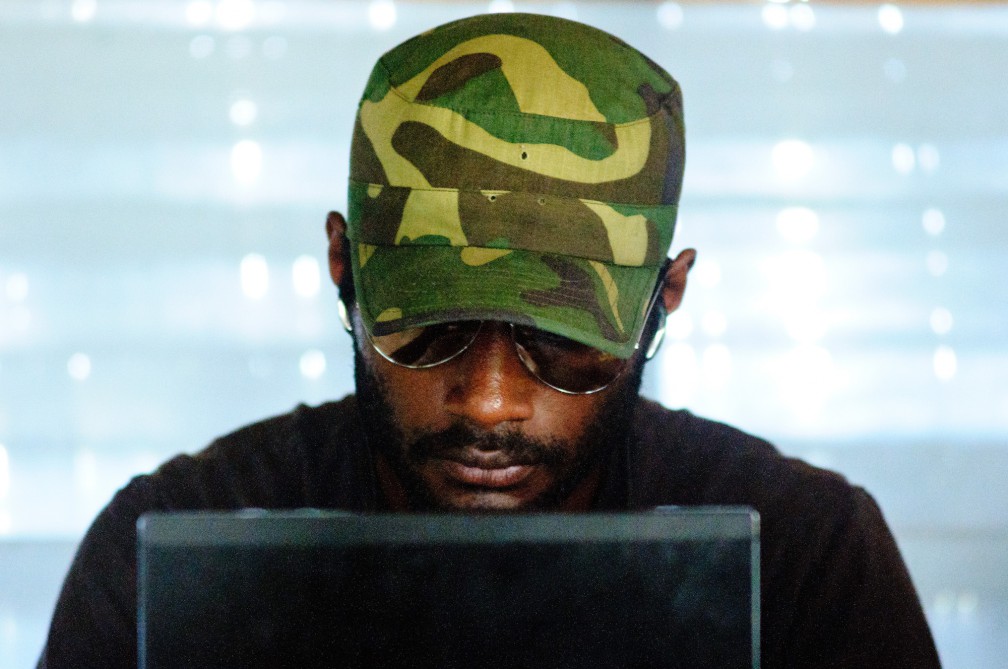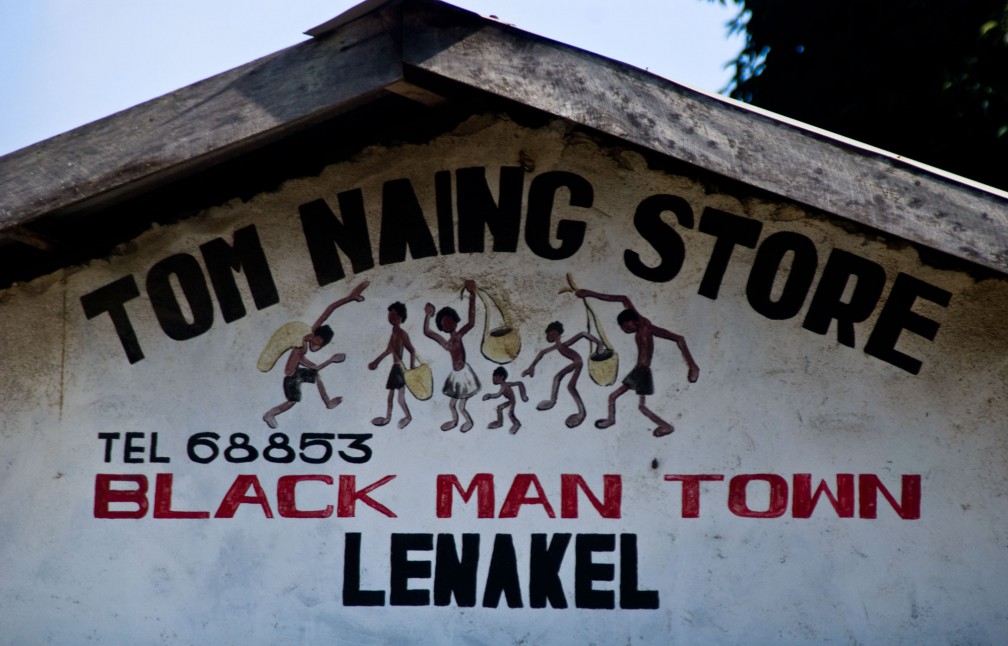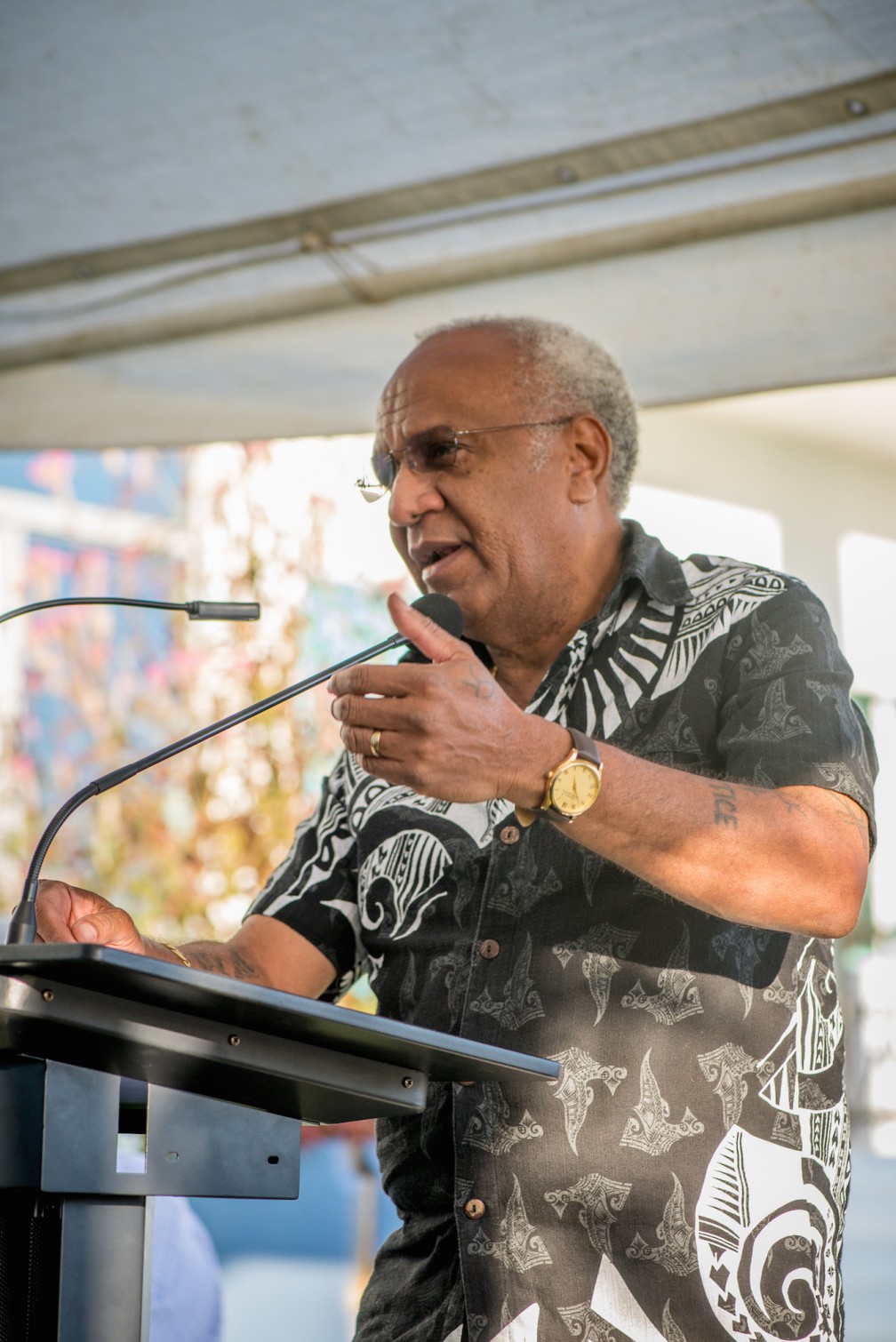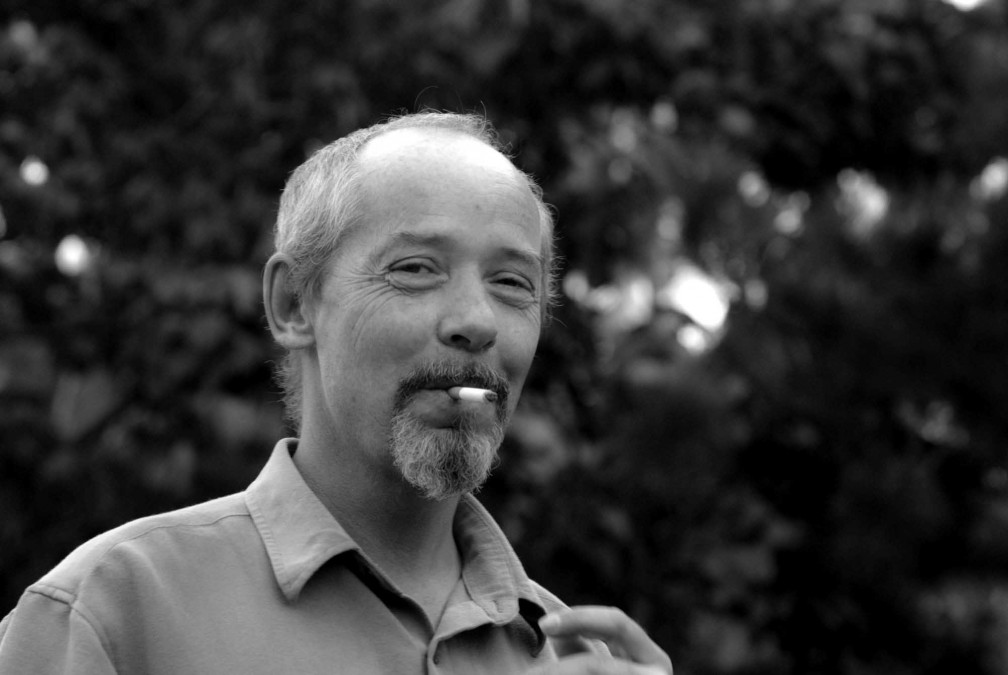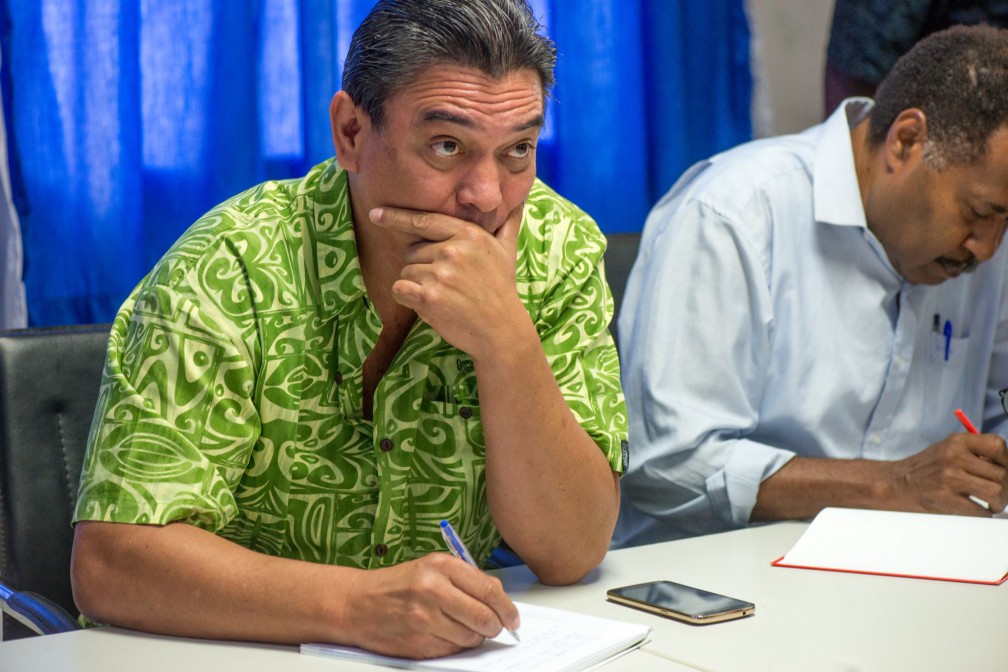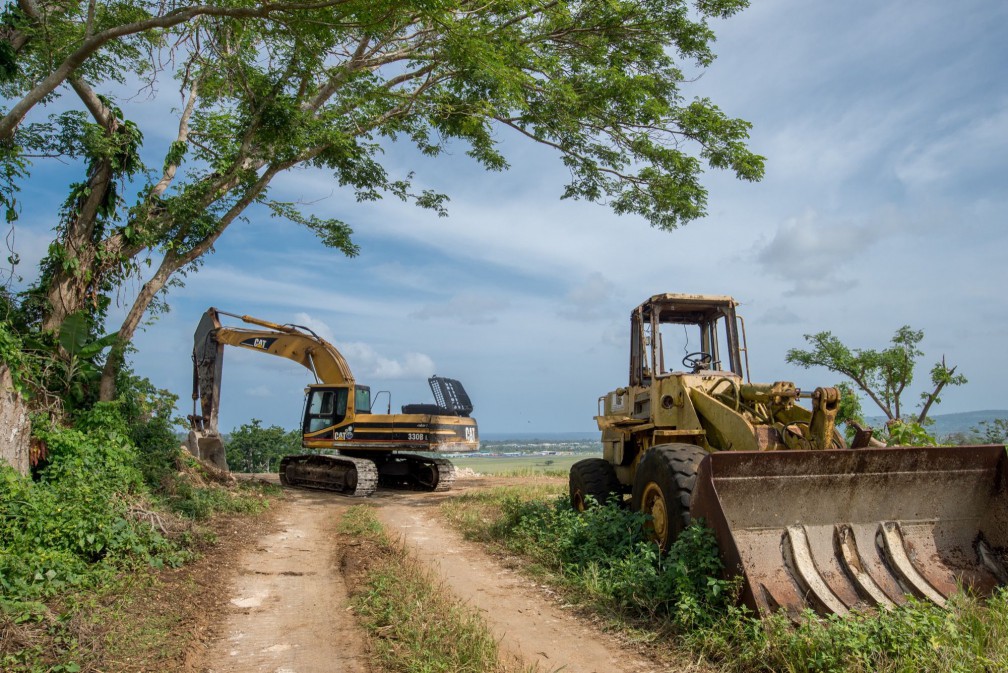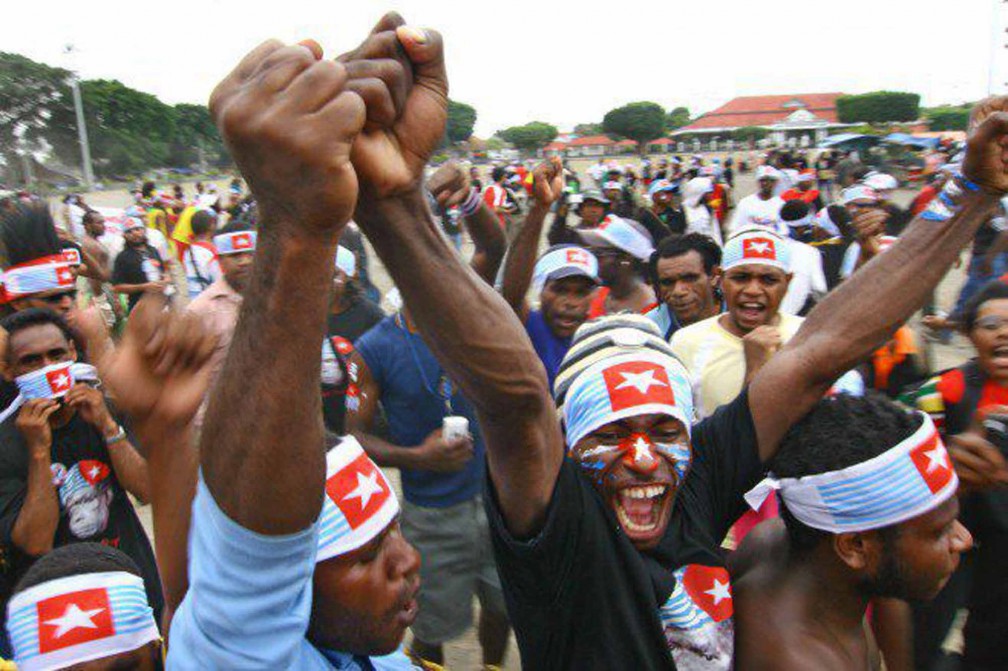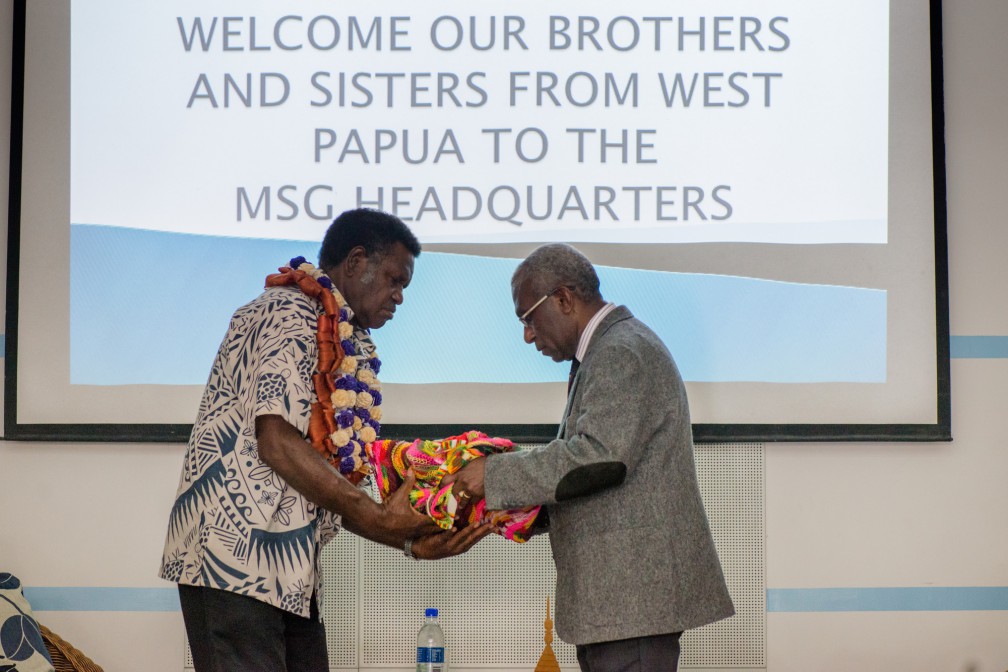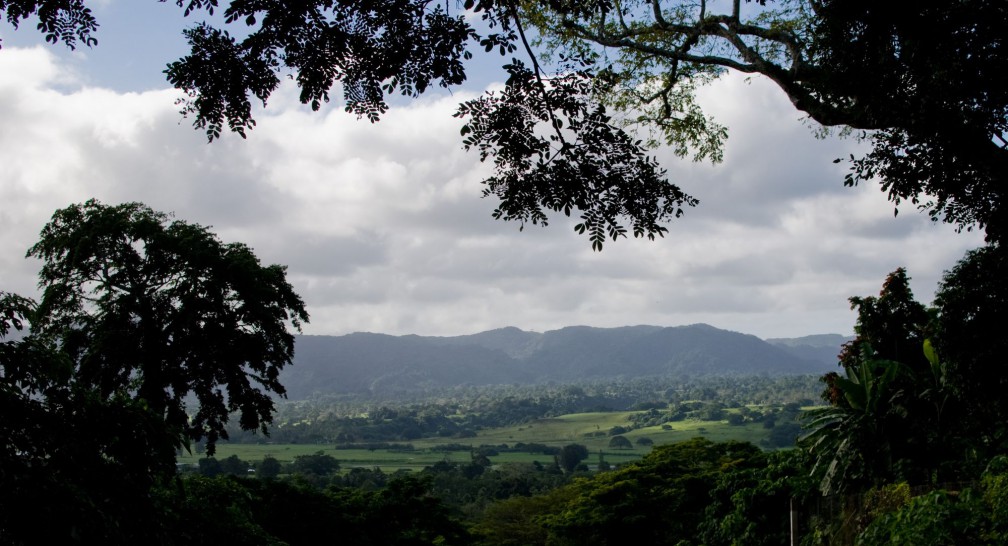Originally published on the Pacific Policy Blog.
Last week’s Solomonic decision by the Melanesian Spearhead Group to cut the baby in half and boost the membership status of both the ULMWP and Indonesia is an example of the Melanesian political mind at work. Valuing collective peace over individual justice, group prosperity over individual advancement, and allowing unabashed self-interest to leaven the sincerity of the entire process, our leaders have placed their stamp on what just might be an indelible historical moment.
Last week marked the first time the indigenous people of West Papua were not entirely defeated. And that, in itself, is a victory.
Thousands gathered to celebrate in Timika and elsewhere in the western half of the island of Papua. Praise for Manasseh Sogavare’s depiction of the decision as a ‘test‘ of Melanesia’s respect for human rights was widespread. Domestically, his role in the decision seems to have bolstered his standing as a statesman and leader.
But a more dry-eyed look at the process reveals a cost that will undoubtedly prove quite high for proponents of West Papuan independence. David Robie’s depiction of Papua New Guinea and Fiji’s stance on the issue as a ‘betrayal‘ is starker than many others, but it’s not wrong.
Voreqe Bainimarama’s disingenuous insistence that Indonesia’s territorial integrity cannot be challenged begs the question of the legitimacy of Indonesia’s continuing occupation—one which, notably, the UN has still to answer. Likewise, Peter O’Neill’s insistence on ‘mandated’ representation for the Melanesian peoples of West Papua would be laughable if it weren’t so callous. The whole reason that the people of West Papua are seeking legitimacy through the MSG is because they are disenfranchised at home.
Sato Kilman took advantage of the clouded complexion of the domestic political scene to keep his proverbial head down, sending only a senior administrator to the Honiara summit. In fairness to him, from a tactical perspective he really had no choice. From a strategic perspective, his handling of the issue could only leave him weakened. Social media commentary in the Solomons was particularly unkind, portraying Vanuatu’s PM as lacking the nouse to stand with Mr Sogavare, letting down West Papua ‘at its hour of greatest need.’ Continue reading →

